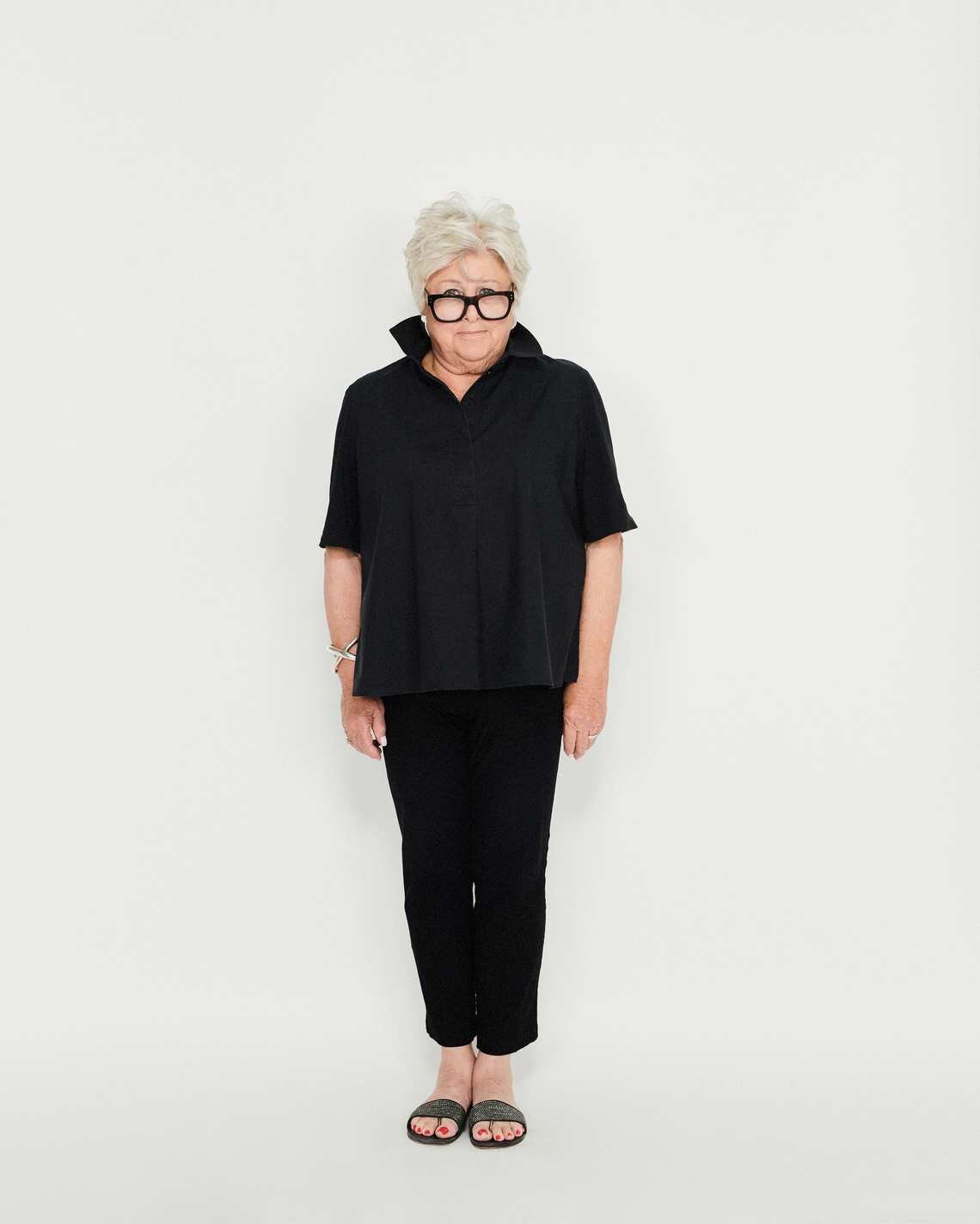Classy broads
I might be a bit fixated on old people. Just the other day I embarrassed myself by offering my seat to a gentleman, bald and tough-handed, who declined with a kind smile, saying, “I look that old, huh?” If I’m not in a cranky mood, I’m almost desperate to give up my seat to somebody. Virtue signaling? I think it’s more like a Pollyana-ish belief that we live in a society where pro-social goodness rules the day. And what is it that the MTA is always telling us? “Courtesy is contagious.”
I would date this particular focus on how the elderly are integrated into public life to the year I lived in Seville, Spain, in my very earliest twenties. There, there were old people everywhere I turned! Old men shooting the shit in cafes, old women lunching with their girlfriends at a sea-food joint. Couples in dapper wools and leathers promenading together down the long shopping streets in the middle of town, or taking in the gloaming from a bench in a comfortable plaza.
Where had they all come from? What were they doing out in the streets?
Were there this many senior citizens … everywhere?
And it was a sad moment of awakening to the lack of such inclusion in the United States. I couldn’t figure out, really, where the elderly Americans were. Were they all just sitting at home? Watching TV? Were they all working, unable to retire? Were they congregating in less visible areas, some kind of secret parks where they could chill out un-harassed by the fear and disdain of youth?
Man. Bummer.
So it interests me now to see how we have certain “senior celebrities,” as I might call them, like fashion icon Iris Apfel. She is objectively cute and cool—are we marveling at how she has survived the generic wear and tear on the spirit, the inherent trauma of getting through so many decades of life? She has personality, subjectivity, will, and relevance / contemporary intelligence all intact.
We want to be her because life doesn’t seem to have stripped her of her Iris-ness.
We want to be her because she’s still allowed to participate. To be looked at. We want to still be looked at, still be allowed, when we are her age.
In the Cut’s “Fall Fashion” issue, there’s a very charming story about a department store called Zitomer, a seventy-year holdout in ever-changing Manhattan, and a photo essay of its shoppers, women who have also held on for approximately the same amount of time. (One of the appeals of this story is definitely tied to a fetish for the old-school and “authentic,” the “real, old New York,” … and maybe the same can be said for my feelings about public life in Spanish cities.)
The responses to the story reflect another wave of Iris Apfel like cooing and enthusiasm. In the next issue’s Letters to the Editor: “I want to be in a book club with every single one of these women.” “They’re all goddesses.” “I have Shirley Sacks aspirations, but we all know that I’m Rory Shanley-Brown.” “Every woman in this article is an icon.”
An icon for what?
Affluence. Independence. Looking “good for your age” or dressing “age appropriate.” Being worth having your picture taken. Being listened to.
(The women in this story are no Iris Apfel, their looks are generally polished, occasionally fun or quirky. Some are more classic/timeless/matronly, others modern and chic. Only Shirley Sacks and Ursula Lowerre seem to be exhibiting truly original senses of style. Also to note: there seem to be, based on names, WASP, Jewish, and Italian women in the mix, but no Asian, Brown, or Black women.)
This is Trudy.
These women are the exception to the “rule” of seniors in our culture—stay unseen and out of the way, keep out of the way of everyone younger who is moving quickly, disrupting, innovating, and trending. These women, perhaps, are allowed to converse with the cashier. To linger at the table without ordering anything more.
Clothes here are signifying the wisdom and authority that we theoretically ascribe to age, though in practice we are afraid of it. Afraid of age’s weaknesses and vulnerability—the inability to communicate in gifs, the inability to retire. Of its anti-capitalist unproductive-ness.
I won’t retreat over the woes of increased isolation in American life today. But we know that community, and family, are good for us. They support us, they make us healthier and happier. An integrated, intergenerational society is a stronger one.
So of course we should have more public spaces where people of all ages can spend time—without having to spend money. We should have accessible public transportation so that “infirmity” doesn’t keep people home.
Et cetera., et cetera.
But also … if, when it comes to age, the clothes really do “make the (wo)man,” then we should give all women a shopping allowance when they turn 55 … so that they can go to Zitomer, or the Macy’s at the Fulton Mall, and keep up, at least until our culture catches up.



